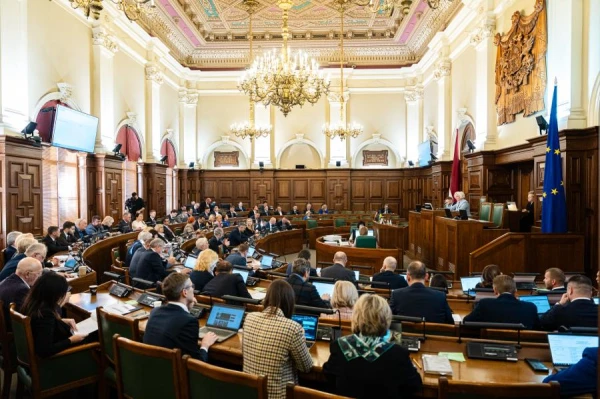
Several opposition deputies believe that the budget for next year is a "bankruptcy budget" rather than a "budget for a safer future," pointing to the rising government debt that will burden all residents of Latvia.
At an extraordinary meeting of the Saeima dedicated to discussing the budget for next year, opposition deputy Andris Kulbergs ("United List") stated that deputies are being "fed nonsense." He characterized the presented budget as a "budget for the bankruptcy of Latvia" and warned that its adoption would lead to a significant increase in government debt servicing costs.
He criticized the "New Unity" party for the substantial increase in government debt. The politician noted that the borrowing policy of the state will cost each family in Latvia approximately 30,000 euros.
"If a financial crisis repeats, the government debt will reach 73% of the gross domestic product," Kulbergs calculated, noting that "the purchased howitzers will be of no use," as there will be no funds to buy ammunition.
The parliamentarian also reproached the government for deliberately depleting resources without considering the risks that require the creation of a safety cushion.
Kulbergs criticized the number of public sector workers, stating that it should be reduced. The deputy compared Latvia to other countries where there are fewer such workers. He stated that the budget needs to seek opportunities for earning, as currently, funds are only being spent, and "at the expense of debt."
Opposition deputy Aiva Viksna ("United List") also expressed concern about the rising government debt. She reproached Prime Minister Evika Silina ("New Unity") for "placing the debt burden on the shoulders of the population."
The deputy emphasized that the debt, regardless of political preferences, will have to be repaid by everyone, including unborn children.
"Yes, part of the funds will be directed towards strengthening national defense," the politician said, noting that this is correct; however, in her opinion, a large part of the funding will go to other purposes.
Deputy Edgars Tavars ("United List") stated that many parliamentarians are looking for arguments to prove that the government's budget is good; however, in his opinion, only a few will be able to find them.
"Government debt is like a huge wall behind which we will soon no longer see the sun," Tavars said, expressing concerns that the debt is growing faster than the country. He emphasized that government debt poses a security threat to Latvia.
"The government is trying to hide this example of irresponsibility behind super-security," Tavars added skeptically, emphasizing that borrowed funds will not only be spent on defense.
Additionally, from the Saeima podium, Tavars demonstrated a large chart reflecting the growth of government debt during the tenures of different prime ministers.
"We will not have the opportunity to borrow when it is really needed," he said, adding that the "United List" intends to propose budget amendments for next year only regarding cost-saving measures.
"This is a budget that needs to start with cutting expenses," the politician stated, expressing hope that, despite the division, it will be possible to reach consensus in parliament on the issue of savings.
It was previously reported that on Wednesday, at an extraordinary meeting, Saeima deputies began to review the state budget for next year and the accompanying package of bills.
On October 14, the government approved the draft state budget for 2026, which provides for a total revenue of the consolidated state budget of 16.064 billion euros and expenditures of 17.945 billion euros.
It is projected that state budget revenues will increase by 944.6 million euros, while expenditures will rise by 804.3 million euros.
The budget deficit will amount to 3.3% of gross domestic product (GDP), and government debt will not exceed 55% of GDP.
The budget for next year includes additional investments in national security, support for families with children, and quality education.

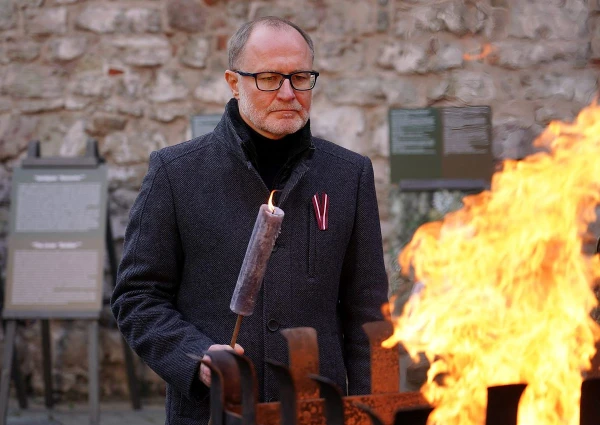

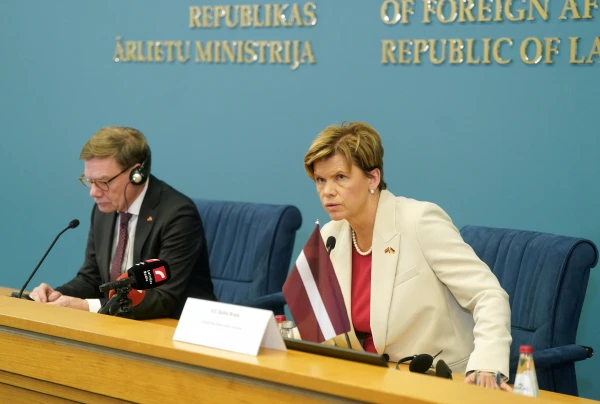
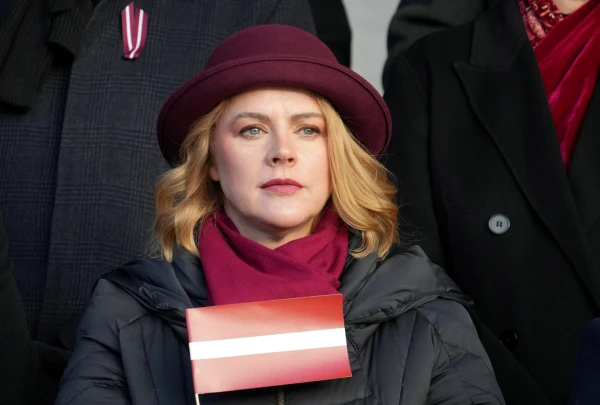
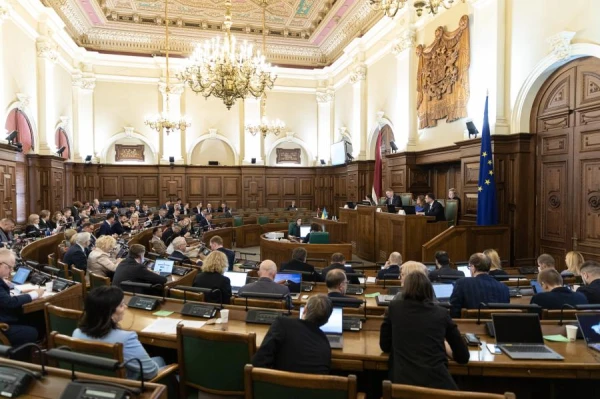
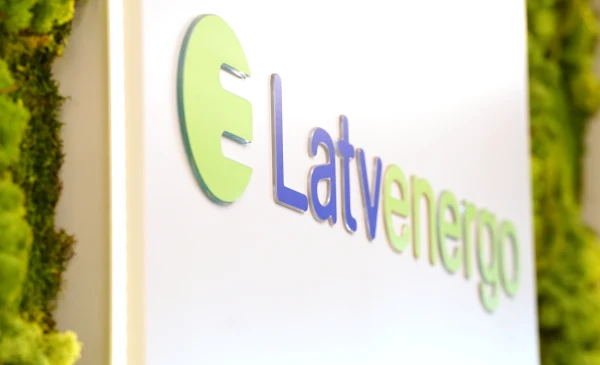

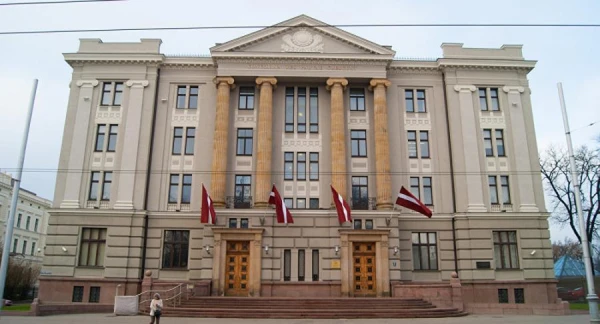




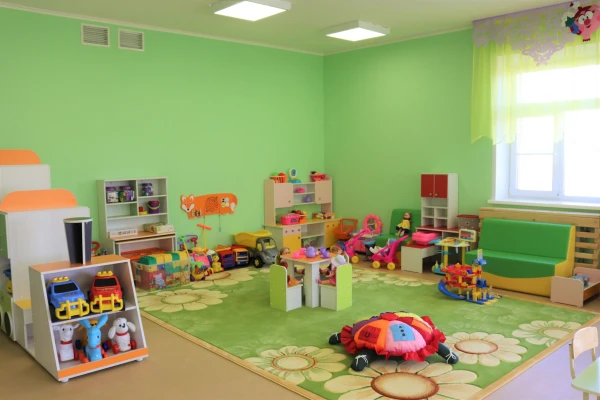

Leave a comment